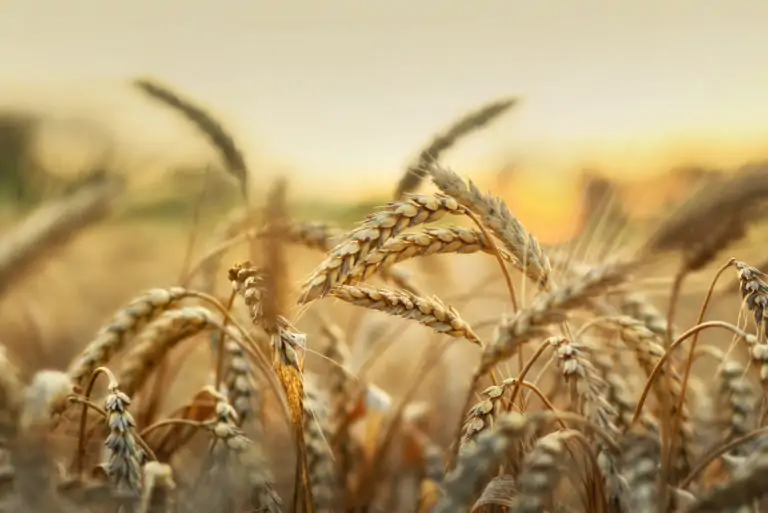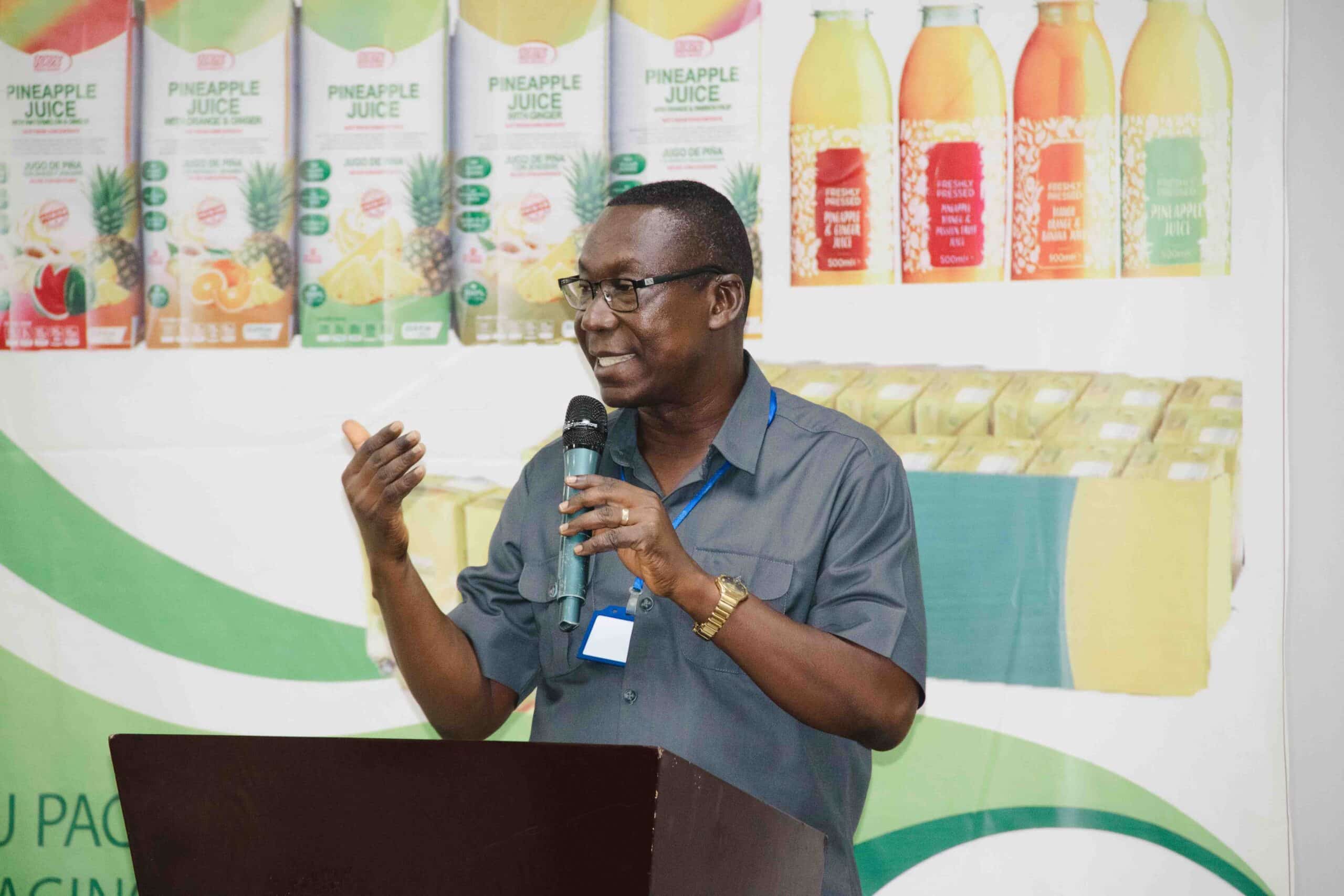India, the world’s second-largest wheat producer, has banned exports of wheat with some exceptions. The move came after a rise in export costs and a heatwave damaged crops. However, limited exports will be allowed at the request of individual governments whose own food supply is vulnerable, the notice stated.
This sudden withdrawal of supply could compound a worldwide shortfall worsened by the war in Ukraine and exacerbate an already dire forecast for hunger across the globe. The news has highlighted the global importance of wheat and maize.
Below is a summary of the global knock-on effect of India’s export ban.
Global trends in food and beverage trade restrictions
India is not alone in imposing export restrictions. By the end of March, over fifty-three new restrictions affecting the trade of food commodities had been imposed by a range of countries. However, to put that in context, so far the trade restrictions imposed are not as extensive as they were during the food price spikes of 2007-08 and 2011-12.
Key stats on the importance of wheat and maize
Wheat is the most important global food crop with China and India being the top two wheat-producing countries. Wheat provides about 20% of global dietary calories and proteins. It has the advantage of requiring less water for cultivation than other comparable crops while being the main ingredient of a variety of processed foods valued by modern consumers such as breakfast cereals.
The US is the world’s largest maize producer, however, 61% of global maize production is used as livestock feed, as well as biofuels and only 13% for human consumption but it plays a key role as a staple food in the diets of millions of people in Africa and South Asia (and Latin America), whereas in East Asia most maize is used as livestock feed. As with wheat, there are still substantial maize deficits in Asia and Africa, making both continents major net importers.
What other factors are contributing to food price inflation?
It is important to note that prices were rising before the war.
This was largely due to businesses shutting down due to the COVID-19 pandemic, which put a strain on supply chains. Farmers dumped milk and let fruits and vegetables rot due to a lack of migrant labour and available transport to supermarkets, where prices spiked as consumers stockpiled food.
According to the USDA, U.S. corn production is projected to be 14,460 million bushels in 2022/23, a 4.3% decline from 2021/22. This is due to fewer acres being sown and unfavourable weather conditions. Maize production in India and France is also being impacted by dry weather.
How challenges with maize and wheat will impact food prices
The rising price of maize and wheat will drive up prices for many other goods and commodities including processed foods made with corn by-products, animal feeds, meat, dairy, and eggs. High feed prices will impact the global livestock sector and put pressure on farm incomes, whilst in the US high maize prices will impact the biofuels sector.
High prices in global commodity markets will place extreme pressure on food-importing countries and will impact food-insecure countries significantly.
What to expect for 2022-2023
The World Bank forecasts wheat prices could rise more than 40% in 2022 but it expects agricultural prices to start falling in 2023. According to the USDA global wheat supply and demand in 2022 is likely to be tight, with lower production in Australia, Ukraine and Morocco being outweighed by increased production from Russia, Canada, and the US.
On current projections, global supplies of wheat for 2022 are adequate by historical standards. The difficulty is that wheat inventories are heavily concentrated in China and India, which have not been important exporters. According to the FAO economist, Monika Tothova food prices are expected to remain elevated for multiple seasons.
What long-term consequences are expected?
Wheat and maize are crops of global significance. Rising prices will not only lead to economic hardship in developed countries as well as placing many in the developed world at greater risk of food insecurity.
In the longer-term higher grain prices will drive increased investment in production, especially in new precision agriculture technology, as well as triggering policies to support increased food and beverage production.
How will the food and beverage industry be impacted?
As established experts in sustainable supply chains, we have witnessed numerous food and beverage supply chain challenges brought on by disruptions at a political, environmental, and social level.
At Farrelly Mitchell our consultants closely monitor food and beverage supply chain challenges brought on by global events such as India’s ban on grain exports. Our Food security consulting services help our clients to navigate these complex challenges and provide valuable insights to those who are seeking or considering the investment in agribusiness.
We have a deep understanding of food supply chain optimisation and management, allowing us to offer tailored supply chain solutions to business across the value chain, from processing and manufacturing to sales and distribution.
If you are looking for expert guidance on how to navigate the complexities of the global agribusiness landscape, get in touch with us to learn how our agribusiness experts can help you achieve your goals.














